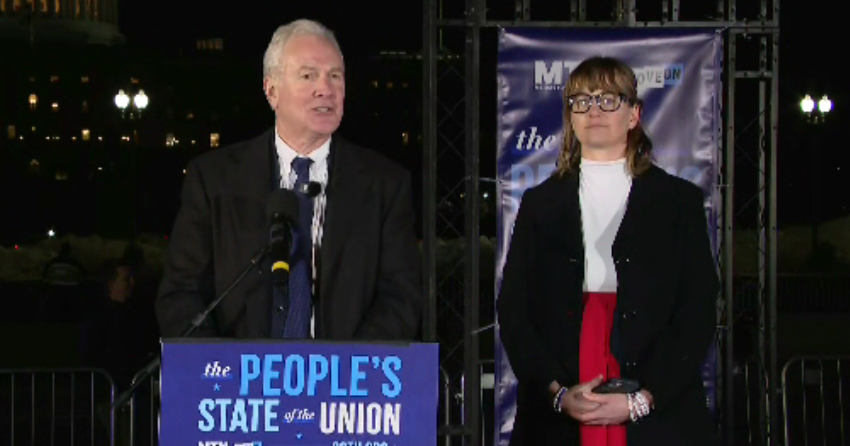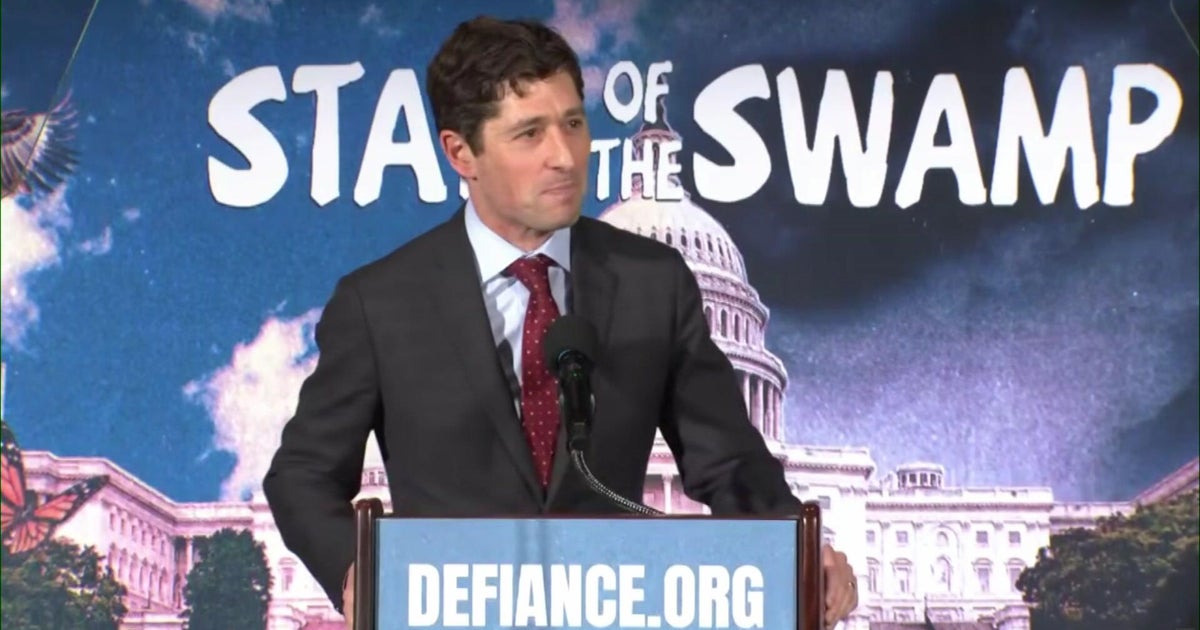Rubio Opposes, Nelson Supports Budget Deal
WASHINGTON (CBSMiami) – Florida Republican Senator Marco Rubio said late Tuesday that he opposes a new bipartisan budget deal agreed to by chief negotiators Representative Paul Ryan (R-Wis.) and Senator Patty Murray (D-Wash).
"In the short run, this budget also cancels earlier spending reductions, instead of making some tough decisions about how to tackle our long-term fiscal challenges caused by runaway Washington spending," Rubio said in a statement. "I voted against sequestration because of its effect on key programs, including the defense budget, but higher spending and more revenue are not the appropriate ways to address that problem."
The new budget deal will set spending for the next fiscal year at $1.012 trillion and increase it to $1.014 trillion the following year. If the bill can make it through Congress, which is not guaranteed, would represent an increase in federal spending by $45 billion in year one and $63 billion in year two.
The bipartisan deal was struck by primarily avoiding overly ambitious goals like massive cuts to Medicaid, Medicare and Social Security proposed by Republicans and raising taxes on the wealthy proposed by Democrats.
Murray and Ryan plan to pay for the spending increases in the budget by hiking airline travel fees and requiring federal workers and military personnel to contribute a greater portion of their pay to their pensions, among other provisions, according to the Huffington Post.
Ryan and Speaker of the House John Boehner face a difficult task of trying to navigate the budget deal through the House of Representatives. Both Boehner and House Majority Leader Eric Cantor voiced support for the deal, but the most conservative wings of the GOP have already stated opposition to the proposed bill.
Right-wing groups like the Heritage Action, Americans for Prosperity, FreedomWorks, and Americans for Tax Reform all have said they oppose the bill.
Wednesday, Boehner came out strongly against the groups opposing the budget deal.
"They're using the American people for their own purposes. This is ridiculous," Boehner told the media at a press conference. "If you're for more deficit reduction, you're for this agreement."
The proposed budget deal would be the first budget passed by Congress since Republicans took over the House of Representatives in 2011. While Rubio opposes the deal, Democratic Florida Senator Bill Nelson praised the deal.
"We now have what amounts to be a major bipartisan budget deal, considering the gridlock that has gripped Congress in recent years," said Sen. Nelson. "No one will love everything in this agreement. But we all should be able to compromise to get something done for the good of the country."
Two crucial elements were left out of the budget deal agreed to by the House and Senate negotiators. Raising the debt ceiling will not be included in the deal, even though the nation is set to hit the debt limit in March.
Also, long-term unemployed insurance will not be extended by the new budget deal, despite the massive problems of long-term unemployment. Democrats have vowed to propose a separate bill to extend long-term unemployment insurance, but Republicans have not vocalized any support for it.







